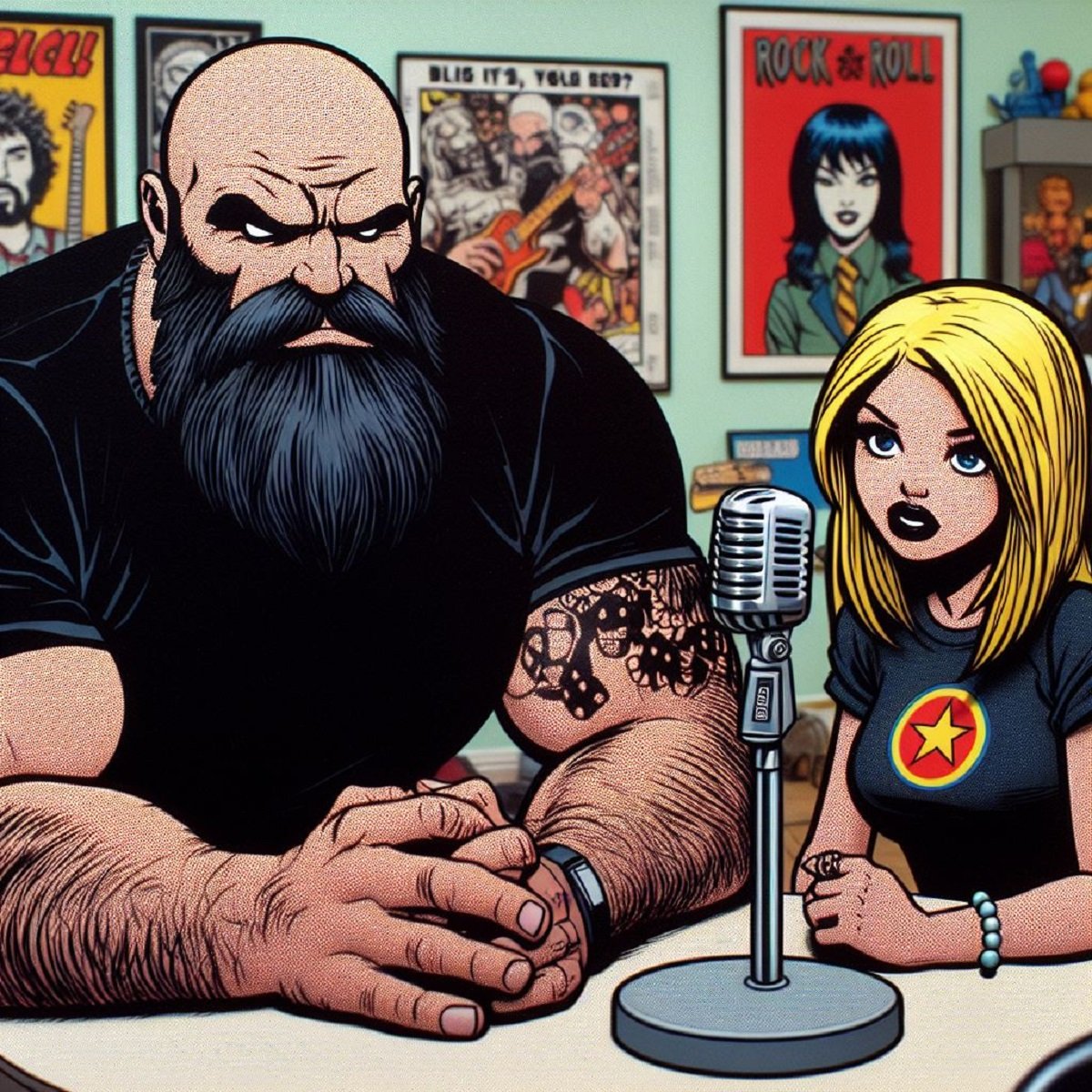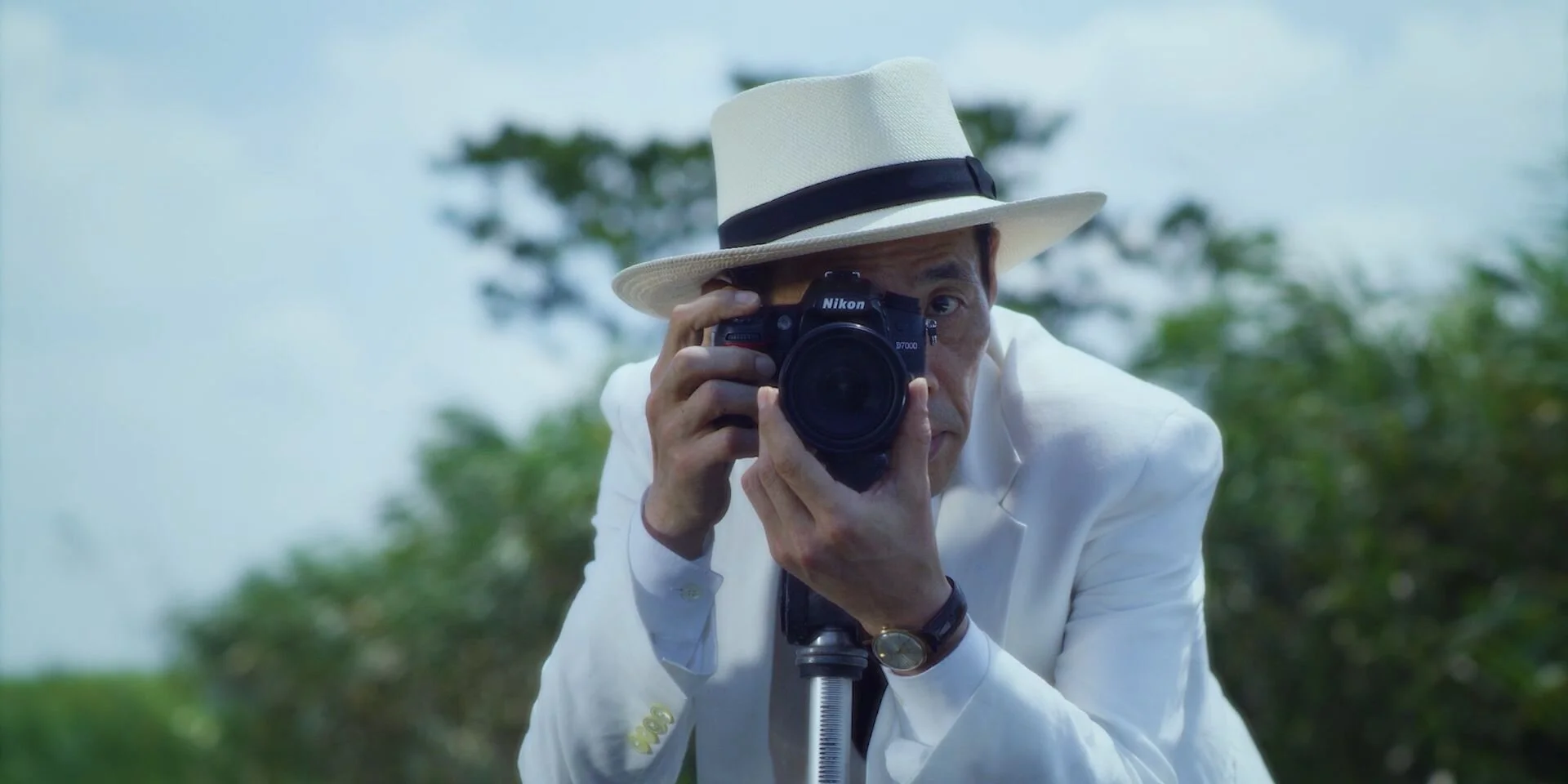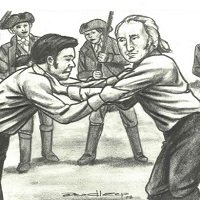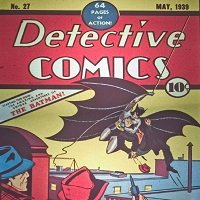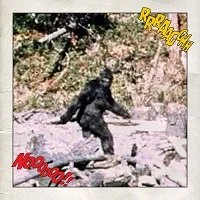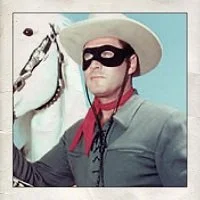Fantasia Reviews: “Class Action Park,” “The Undertaker’s Home,” and “Woman of the Photographs”
By: Joseph Perry (Twitter - Uphill Both Ways Podcast)
Class Action Park
The 1980s were a much freer time for American children and teenagers compared with today, and unsupervised visits to amusement parks and water parks were commonplace. While for most such kids a day at these types of places meant a fun time hanging out with friends and making lasting good memories, those who went to New Jersey’s Action Park weren’t sure whether they were coming home with happy memories, broken bones, or at all. The new documentary Class Action Park from filmmakers Chris Charles Scott and Seth Porges is a jaw-dropping look at the creation, heyday, and downfall of that water park that is, fittingly, a wild ride in itself. Action Park, which earned the reputation as the world’s most dangerous amusement park, was opened in 1976 by owner Gene Mulvihill, who possessed a flagrant disregard for rules that was evident in his lack of safety for ride designs and park guests. The vast majority of park employees were teenagers whose partying and after-hours exploits were locally legendary, and drunken teen and adult park guests only added to the insanity. Scott and Porges interview former park employees and visitors who tell of how braving Action Park was practically a rite of passage in the area. The documentary shifts from mind boggling to sentimental and serious when the filmmakers focus on the family of a young man who died in a tragic accident at the park. Sadly, he was only the first. Both loopy and poignant, Class Action Park looks back at a time and place that can never happen again.
The Undertaker’s Home
Writer/director Mauro Iván Ojeda’s brooding debut feature film The Undertaker’s Home is an Argentinian supernatural horror entry in the vein of Poltergeist and Hereditary, in which a family finds their home disturbed by a dark, occult presence. Bernardo (Luis Machín) is an unhappy undertaker who lives — exists may be a more apt term — with his family in a house shared with the funeral parlor. His wife Estela (Celeste Gerez) is depressed and often checked out on pills, and her daughter/his stepdaughter Irina (Camila Vaccarini) acts out on how miserable she feels, demanding to live with her grandmother. Part of the angst that runs through this family is caused by spirits of the dead who won’t rest peacefully, and some is because of emotional wounds that each character bears. Ojeda has fashioned a unique take on classic haunted house cinema, and he invests his film with a macabre atmosphere and a heavy sense of unrelenting dread, aided by a super score, unnerving sound design, and eerie set design that includes empty coffins scattered around the home and chickens running around a port-a-potty that houses a true white-knuckler of a scene. The ending sequence is chilling but gorgeous to behold. The cast is solid, with Vaccarini outstanding as a teen who is grieving the death of her father and unaccepting of Bernardo and Estela simply choosing to coexist with the spirits that roam their home. Ojeda, obviously well studied in fear-fare cinema, helms the film splendidly, serving up visuals reminiscent of EC horror comics such as The Vault of Horror and The Haunt of Fear and crafting a truly unsettling atmosphere.
Woman of the Photographs
A modern take on Japanese psychological thrillers — not least of all the 1964 classic Woman in the Dunes — writer/director Takeshi Kushida’s Woman of the Photographs sees the quiet, routine life of middle-aged photographer Kai (Hideki Nagai) interrupted when, in the forest on a day out taking pictures of insects, dancer and Instagram star Kyoko (Itsuki Otaki) literally falls into his life when she takes a tumble from a tree, causing her injuries that include a nasty gash near her collarbone. He takes her to his home and helps her with her wounds, and she slowly inserts herself into the life of this man who has never had a close relationship with a woman, his wariness of them possibly brought on because his mother died giving birth to him. Kai’s professional expertise is in retouching photos for funerals and matchmaking purposes, and when a woman named Hisako (Toki Koinuma) repeatedly visits him for the latter, Kyoko begins questioning the woman and herself about authenticity versus images people present to the world. As she stops having Kai touch up her Instagram photos and gains more followers than ever before when she shows her scars, the film begins taking a darker route that dips into the realm of body horror. There is also a parallel of Kai’s apprehension of women and his caretaking of his pet praying mantis, which calls on how the female of the species devours its mates. Kushida uses jarring sound design and striking visuals that elevate everything from humor to tension. He has crafted an offbeat, engaging character study offering moments of hand-wringing tension and triumph of the human spirit.
Class Action Park, The Undertaker’s Home, and Woman of the Photographs screen as part of Fantasia, which began on August 20 and runs through September 2, 2020. For more information, visit https://fantasiafestival.com/en/.
Joseph Perry is one of the hosts of When It Was Cool’s exclusive Uphill Both Ways podcast (whenitwascool.com/up-hill-both-ways-podcast/) and Gruesome Magazine’s Decades of Horror: The Classic Era podcast (decadesofhorror.com/category/classicera/). He also writes for the film websites Diabolique Magazine (diaboliquemagazine.com), Gruesome Magazine (gruesomemagazine.com), The Scariest Things (scariesthings.com), Ghastly Grinning (ghastlygrinning.com), and Horror Fuel (horrorfuel.com), and film magazines Phantom of the Movies’ VideoScope (videoscopemag.com) and Drive-In Asylum (etsy.com/shop/GroovyDoom).
If you found this article interesting consider becoming a Patreon supporter. That is how When It Was Cool keeps our website and podcasts online, plus you get lots of bonus content including extra and extended podcasts, articles, digital comics, ebooks, and much more. Check out our Patreon Page to see what's up!
If you don't want to use Patreon but still want to support When It Was Cool then how about a one time $5 PayPal donation? Thank you!
